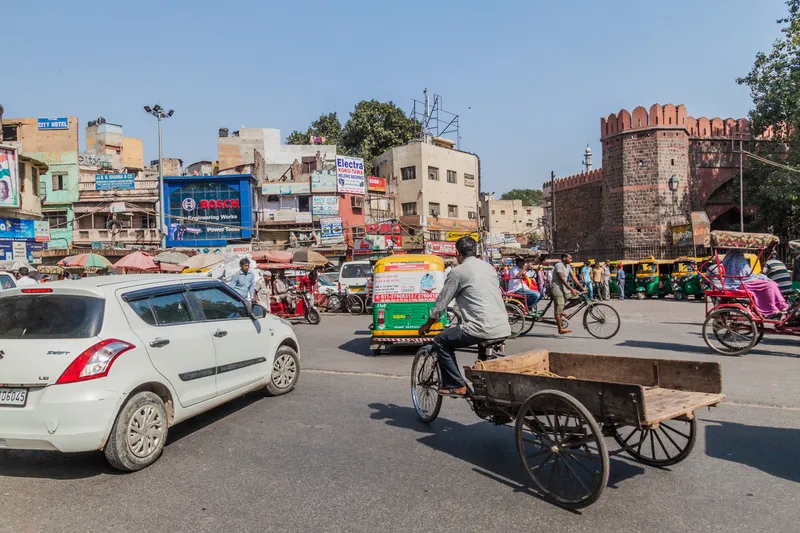AstaZero, the world’s first full-scale test track for active automotive safety located in Borås, Sweden has officially opened. The 2000,000 square meters testing area simulates cities as well as multilane motorways and rural roads with intersections. It is here that the
The Volvo Group claims its vision is to have no Group vehicles involved in traffic accidents and the Group’s safety experts have studied data from traffic accidents since the 1960s. Their analysis shows that many accidents can be avoided or mitigated before they even occur, by using active safety systems.
Active safety systems prevent accidents by supporting the driver, for example, by providing information or reacting before the driver does. Examples of active safety systems developed by the Volvo Group include collision warning with emergency brake and lane change support.
The AstaZero proving ground has been built and developed in close cooperation with the Volvo Group, with the purpose of testing active safety innovations in full-scale test environments. The testing area nearly six kilometres of rural road with intersections, street lights and bus stops, as well as a city environment where vehicles can be tested in authentic scenarios involving other vehicles in heavy traffic, cyclists and pedestrians, a multilane motorway and an area for high-speed testing. The infrastructure enables connected vehicles to communicate with each other as well as with the surroundings.
“AstaZero gives us a unique advantage when developing the safety systems of the future. By using the proving ground’s sophisticated equipment and advanced test environments we will become even better at mitigating real life accidents,” says Peter Kronberg, safety director at the Volvo Group.
“The cooperation between the industry, the public sector and academia is becoming increasingly more important for Sweden. It is by combining our resources that we will solve the problems of today’s society”
AstaZero is owned by the
Volvo Group developing safety systems at new test track
AstaZero, the world’s first full-scale test track for active automotive safety located in Borås, Sweden has officially opened. The 2000,000 square meters testing area simulates cities as well as multilane motorways and rural roads with intersections. It is here that the Volvo Group will test and develop future safety solutions for heavy vehicles.
The Volvo Group claims its vision is to have no Group vehicles involved in traffic accidents and the Group’s safety experts have studied data from traffic acci
August 22, 2014
Read time: 2 mins










